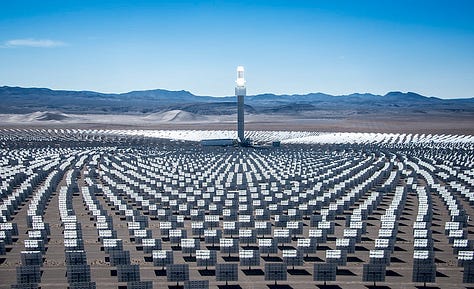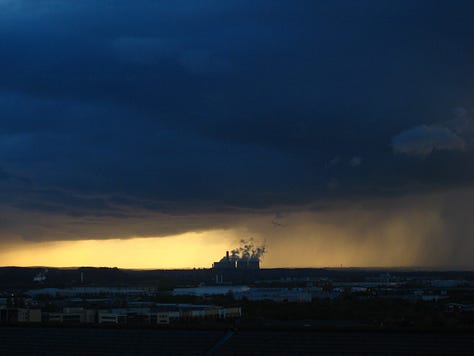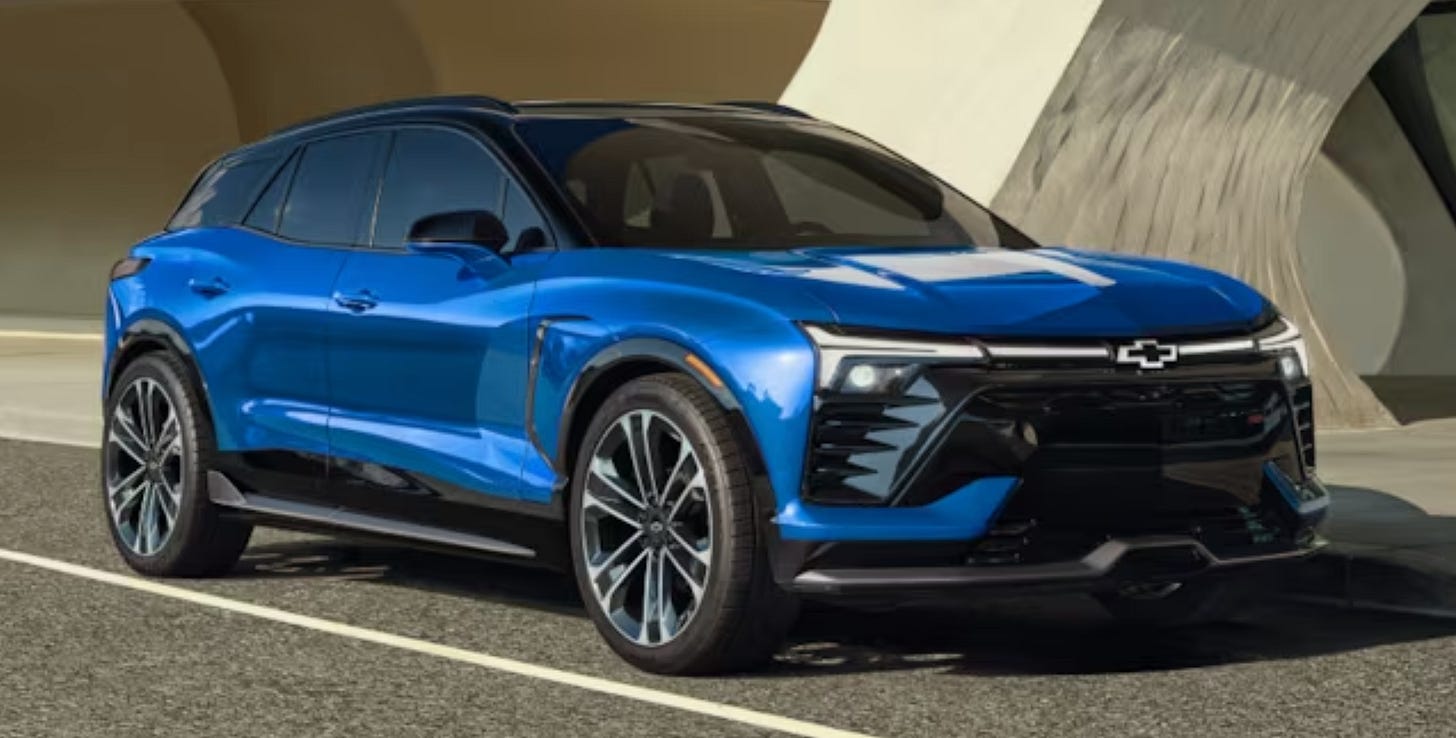Green Lights Aug. 4: Top stories this week
Don't miss a single story: The best from Callaway Climate Insights






. . . . Welcome to Green Lights, our weekly roundup of the best of Callaway Climate Insights. This week, from the U.S.-Mexico border on one coast to that bellowing bronze bull on the other, we’ve got you covered like the summer sunshine. Here are the highlights in a simple and convenient format that makes it easy for our readers. It’s also easy to subscribe.
. . . . Behind the headlines about energy politics and saving the fossil fuel industry for security from Vladimir Putin in the U.S. and Europe, oil and gas leaders are quietly — and quickly — expanding their renewable portfolios, says David Callaway. For investors, this means the rotation back into renewable stocks — after almost two years in the wilderness as oil and gas stocks rose — at some point becomes an interesting play.
. . . . The never-ending battle over whether investors should engage with fossil fuel firms to make them more climate friendly or divest from them entirely has now spilled into the massive business of private equity, writes Mark Hulbert. Pushing his thesis that divesting from oil companies simply leaves them to do what they want or go private, Hulbert cites a new study that reveals the record of the biggest PE firms on environmental, social and governance standards is almost non-existent, and that the vast majority of their energy holdings are oil and gas companies. . . .
. . . . The UK’s sudden lurch toward oil is a lesson in electoral politics for the GOP, David Callaway writes from London this week. The British government thinks it can survive next year’s election by going big on oil. Meanwhile, U.S. Republican strategists are watching closely.
. . . . Running hot and cold: Surface air temperatures in the U.S. typically span the extreme range in the height of summer and the depths of winter. The highest temperature recorded in the U.S. was 134°F. in Death Valley, Calif. on July 10, 1913. Early Monday, however, the highest temp in the U.S. was a relatively mild 122°F. in Death Valley, says the National Weather Service. At the opposite end of the thermometer, it was only 32°F. in Old Station in Northern California.
. . . . Chevrolet has done away with its more affordable Chevy Blazer 1LT, leaving the more expensive $56,715 Blazer EV 2LT AWD as the entry-level option. While some would-be Blazer buyers might be disappointed, maybe Tesla doesn’t mind. The Blazer 1LT could have been a competitor to the Tesla Model Y with a price almost $3,000 less than the Tesla. Chevrolet didn’t say why it eliminated the 1LT.
. . . . A crisis is brewing at the U.S.-Mexico border, writes Mike Molinski. But this time it’s not caused by immigration policies, a flood of refugees, or crime by drug lords. It’s about the climate. And traffic jams.
More greenery . . . .
Barbie and Ken aren’t the only ones: Doctors explain why people feel better near the beach
But … Sorry, Malibu: Winter waves off of California are getting higher as the climate changes
Taylor Swift And Climate Change: Are young people shaking off carbon-intensive lifestyles?
It sure felt that way: Climate change made July hotter for almost every human on Earth
From the big idea file: Could a giant ‘sun umbrella’ help stop climate change?







